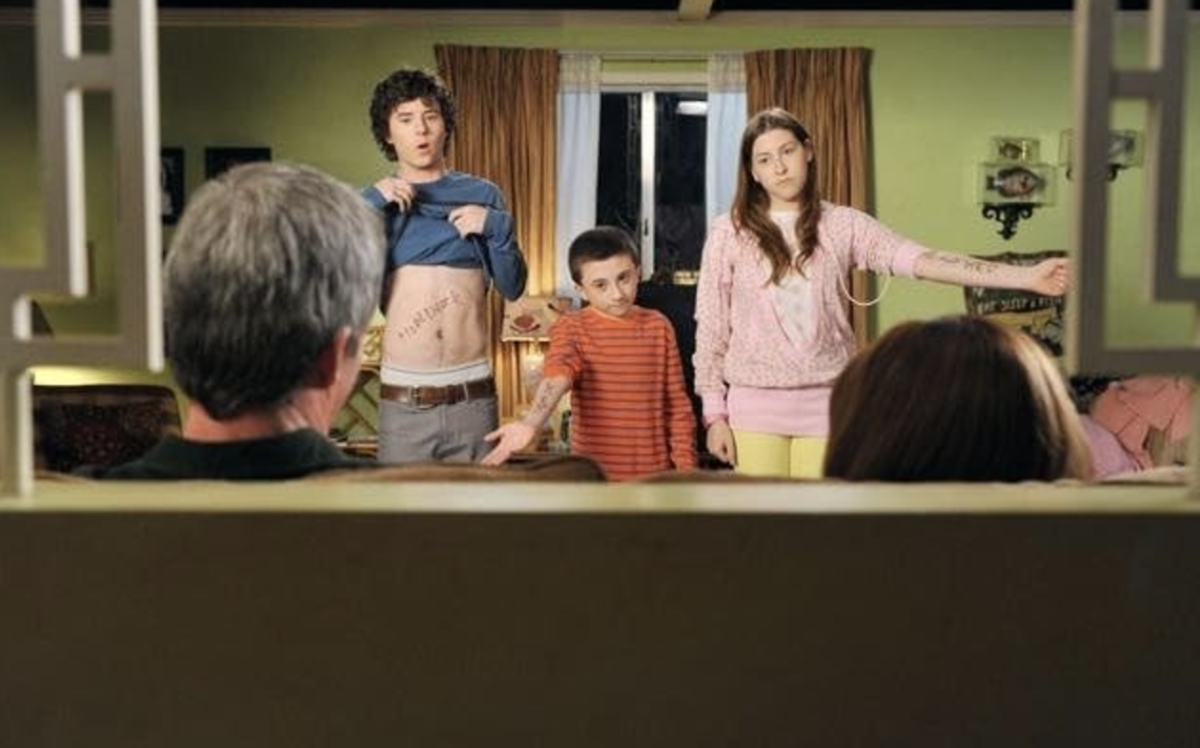
A little over three years ago the idea of Netflix producing original content was but a glimmer in some executives’ eye. And then, in March 2011, it was announced that Netflix won a bidding war for the new series, “House of Cards.” The pedigree was there: the series would be produced and directed by David Fincher and star Kevin Spacey. But the platform had decidedly less prestige.
It was the ultimate gamble for a website that had spent its entire operating career offering other peoples’ work. It was even more of a gamble when their strategy was made plain. They planned to release entire seasons at once, capitalizing on the binge-watching tendencies of their customers. It could have backfired magnificently, as the time between seasons could have led to lost interest and dissatisfaction among fans.
But the gamble paid off and no interest was lost – there has been palpable fervor surrounding the second season of “House of Cards,” which premiered Feb. 14. If anything, the strategy has proved highly profitable for Netflix, with gains of 2.3 million new subscribers in 2013. It’s easy to see what they were thinking: keep subscribers waiting longer for each season and keep them subscribed even longer.
Netflix is no longer just a streaming service with an original show or two, it’s become an original programming powerhouse with millions subscribing just to see the newest shows everyone is buzzing about. With many of the best shows currently in production on their roster, Netflix is changing the way that we think about what television should be. It doesn’t have to be on a network or cable anymore, it can be streaming on your cell phone.
The website isn’t just financing their own original programs; they’re also helping other series. The AMC show “The Killing” was cancelled in 2012, until Netflix decided to finance another season with a clause that gave them the exclusive streaming rights after the season ended. Netflix isn’t just changing the way we think about television, it’s changing the way we think about how business is conducted in the television industry.
It seems that Netflix’s hard work is paying off. At this year’s Golden Globes the website was very fairly represented in the nominations. “Orange is the New Black” star Taylor Schilling snagged a Best Performance by an Actress in a Television Series nomination. “House of Cards” was also included in the Globes, with nominations for Best Drama Series, Best Performance by an Actor in a Television Series for Spacey and Best Performance by an Actress in a Television Series for Robin Wright. Wright walked out with a statue, solidifying Netflix’s seamless transition into our entertainment consciousness.
Netflix has started a trend that has no end in sight. Now websites like Hulu Plus and Amazon are throwing their hats into the original programming ring. For the second year in a row Amazon has had their own “pilot season,” with pilots spanning comedy, drama and children’s programming. Amazon isn’t the only website exploring multiple genres. Hulu and Netflix are becoming expansive in the creative territory they cover. And with monthly prices much lower than cable they’re becoming formidable forces in the business. These streaming services seemingly have something for everyone, so next time there’s nothing on TV, just turn your laptop on instead.
Alexa Hoyle can be reached at [email protected].



















Rena Moretti • Feb 19, 2014 at 1:31 am
I’m sorry but I’d argue that Netflix is doing anything but “re-inventing television”, unless you’d mean that they’re slavishly reproducing everything that is wrong about today’s TV.
Just like their broadcast and cable brethren, they are obsessed with doing remakes of foreign shows (House of Cards first in line) or adaptations of books nobody ever heard of.
In other words, they shun original writing and are producing me-too projects that only impress those who buy into their constant and overbearing PR.
You see, playing shows over the internet, if they’re the same uninteresting shows that a HBO or FOX would produce isn’t “re-inventing” anything. It’s continuing down the same bring and predictably unsuccessful path (but don’t worry, since Nielsen has no access to Netflix’s real numbers they’ll be no stopping them calling all their projects huge hits).